There’s going to be an annular solar eclipse on Feb. 26, 2017.
Although this month’s eclipse is not visible in the United States, it’s kicking off the six-month countdown until the total solar eclipse on Aug. 21, the first visible in the US since 1979.
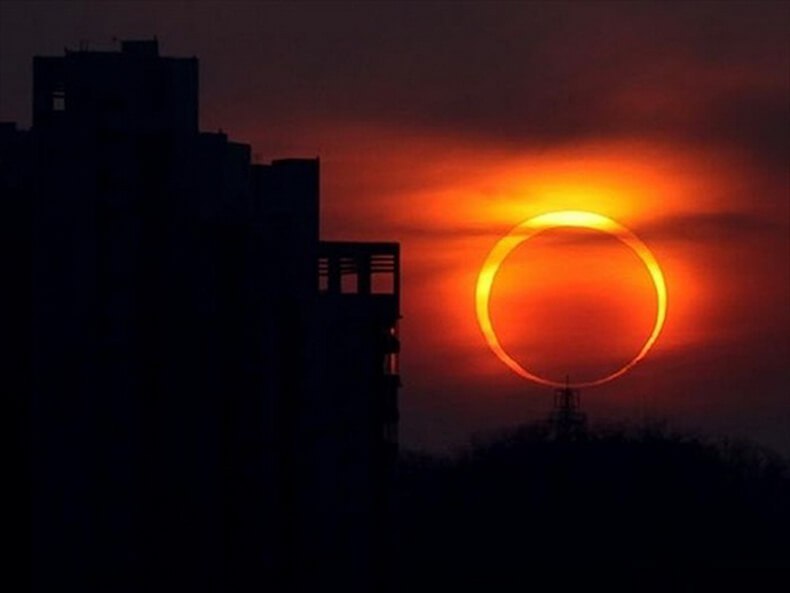
So what’s an annular solar eclipse?
When the Moon covers the Sun’s center, leaving the Sun’s visible outer edges to form a “ring of fire”, or annulus around the Moon, an annular solar eclipse happens.
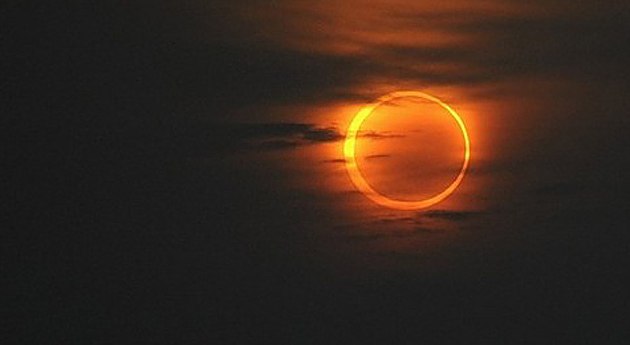
An annular solar eclipse occur only:
- Around a new Moon when the Earth and Sun are aligned on opposite sides of the Moon.
- The Moon and Sun must be near a lunar node forming an almost perfect line between the Sun, the Moon, and Earth.
Astrology and Annular Eclipse
This annular solar eclipse is located in Aquarius Constellation. But, due to precession of the equinoxes, the eclipse actually falls within the Pisces sign. Dominated by the spiritual planet Neptune, this particular eclipse can bring good fortune, and lasting happiness.
In order to get some of that fortune and happiness for yourself, use this time to focus on what you want to bring into your life and relationships. However, be careful not to fall into the trap of greed or selfishness by seeking things you don’t really need, as this could turn your good fortune into bad luck by the time the Aug. 21 solar eclipse arrives.
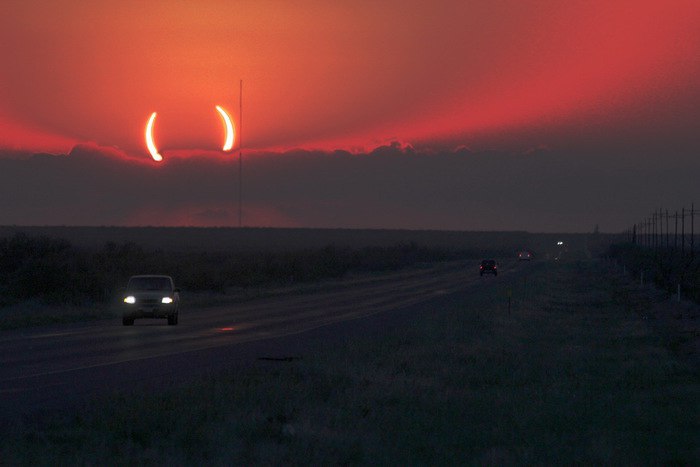
This is a time for adventure, to make new friends, and begin new relationships. If you’ve been feeling stuck the past few months, here’s your chance to chart your course for happiness.
Where to watch the ‘ring of fire’ eclipse?
This eclipse begins west of Southern Chile and ends over Angola, Zambia, and the Democratic Republic of the Congo in Africa. A partial eclipse (a total of 1 minute and 22 seconds) will be visible over most of South America, Africa, and Antarctica.
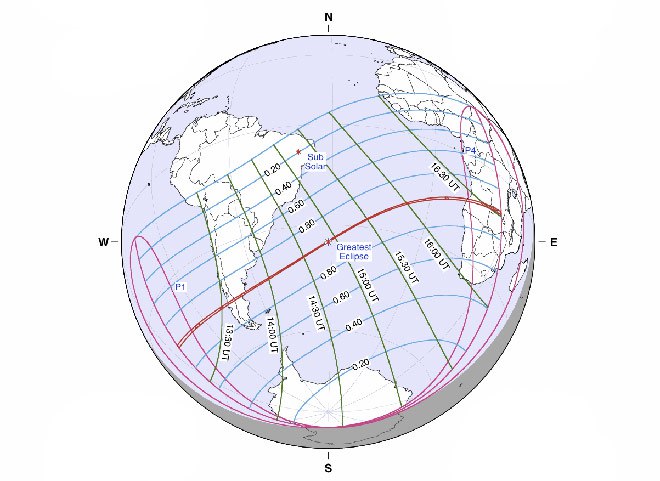
If astronomy is your jam, you can track the eclipse from NASA’s interactive Google map.
This celestial event is a countdown for the total solar eclipse, also known as the “Great American Eclipse,” Aug. 21 that will be visible in the United States for the first time in 37 years.



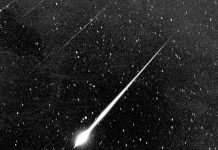
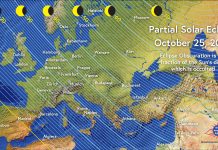
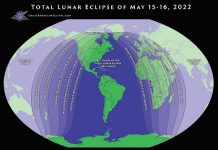
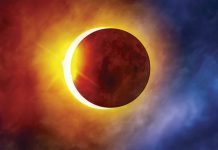
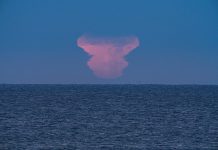

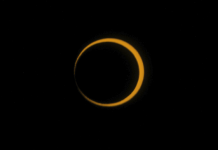
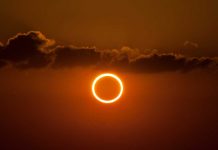
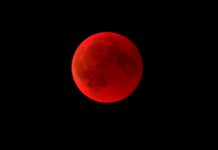

[…] This celestial event is a countdown for the total solar eclipse, also known as the “Great American Eclipse,” Aug. 21 that will be visible in the United States for the first time in 37 years. [Source] […]